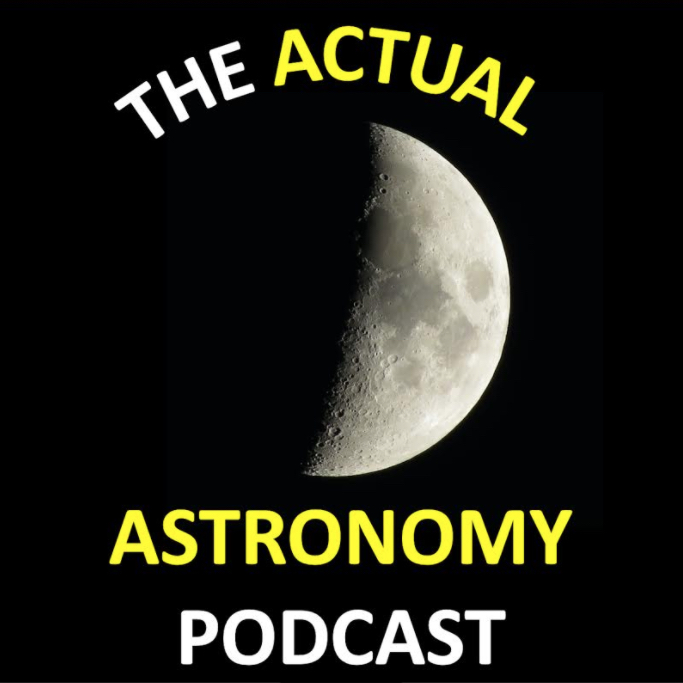Today’s Episode

Oct 10th: How To Live Longer & Talk To Aliens
Time travel & aliens. We’re all going to die. Could future science save us? Why there’s a universe of potentially habitable worlds, but no-one’s talking?
Subscribe & Follow
Project Director: Avivah Yamani
Audio Engineer: Richard Drumm
Executive Producer: Pamela L. Gay
Learn more about us on our
Credits and Sponsors page.
We are a community podcast,
bringing you the voices of astronomy & astronomy lovers,
everyday of the year.
More Recent Episodes
Feb 17th: Giant European Space Lasers!
This month @AwesomeAstroPod discuss about ESA new mission for the 20230s and the usual skyguide. So prepare your instrument for the night sky.
Feb 16th: Spooky Season Space Images
Throwback from the spooky season: Halloween is, hands-down, the most beloved season of the year. And we have NASA, ESA, ESO, and others releasing their spooky season images. There will be nebulae cropped with the contrast adjusted just so to reveal witches’ hats, and others rotated to reveal ghosts and maybe – I can hope – a goblin or two.
Feb 15th: Astronomy Books
Today’s Actual Astronomy discuss about some of the best astronomy books from poetry to the Milky Way we cover our favourite books on the astronomical table.
Feb 14th: “The Big One”: The Most Powerful Marsquake Ever Detected
On Earth, we understand how and where earthquakes happen due to the discovery of plate tectonics. Now we have largest recorded seismic event on Mars provided evidence for a different sort of tectonic origin — the release of stress within the Martian crust
Feb 13th: TRAPPIST-1: A System Full Of Hope
Aside from our own solar system, one of the most studied stellar systems lies about 40 light-years away in the direction of the constellation Aquarius. Seven rocky exoplanets orbiting the TRAPPIST-1 star. more about it at #365DaysOfAstro
Feb 12th: What Goes Into A Sample Return Mission? Moon & Mars
We’ve sent robots to other worlds but the amount of science we can deploy can’t compare with the vast science labs we have on Earth. That’s why more and more missions are for a sample return.







